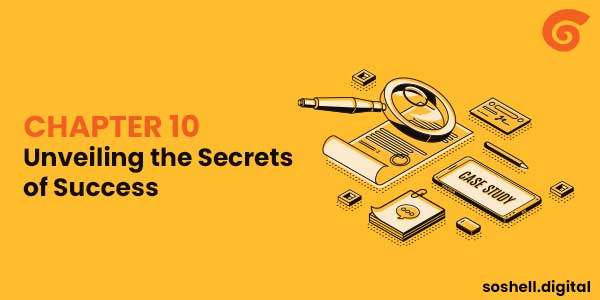Unveiling the Secrets of Success
Introduction
Sales funnels are the lifeblood of any business, guiding potential customers through a journey that ends with conversion. While the concept of a sales funnel is universal, its execution can vary significantly across industries. In this article, we delve into real-world case studies from various sectors to uncover the strategies that drove their sales funnel success.
Case Study 1: E-commerce Excellence
Industry: Online Retail
Company: Amazon
Objective: Maximizing Sales and Customer Retention
Amazon, the e-commerce giant, has mastered the art of sales funnels. Their journey begins with attracting visitors through personalized recommendations and a user-friendly interface. Once on the site, users are encouraged to add products to their cart. Amazon leverages social proof, customer reviews, and fast shipping options to eliminate objections and facilitate conversions.
Key Takeaway: Personalization, social proof, and a seamless user experience play pivotal roles in converting visitors into loyal customers.
Case Study 2: The Power of Free
Industry: Software as a Service (SaaS)
Company: Dropbox
Objective: User Acquisition and Paid Subscription Conversions
Dropbox’s sales funnel revolves around a freemium model. They offer a free basic plan with limited storage, attracting millions of users. As users hit storage limits, they are encouraged to upgrade to premium plans with additional features. The key lies in providing value upfront and making the transition to paid plans seamless.
Key Takeaway: Providing a valuable free offering can be a potent lead generation tool, paving the way for upselling to premium services.
Case Study 3: Education Empowerment
Industry: Online Education
Company: Coursera
Objective: Lead Generation and Course Enrollment
Coursera’s sales funnel begins with offering free courses to users, encouraging them to sign up and explore. Once users experience the quality of education, they are more likely to enroll in paid courses or pursue degrees. Their funnel hinges on building trust and demonstrating value.
Key Takeaway: Providing free, high-quality content can establish trust and drive conversions in the education sector.
Case Study 4: The Subscription Model
Industry: Streaming Media
Company: Netflix
Objective: Subscriber Growth and Retention
Netflix’s sales funnel centers around subscription-based streaming. They attract users with a free trial, showcasing their vast library of content. Once the trial ends, users are seamlessly transitioned into paying subscribers. Content personalization and recommendations keep subscribers engaged.
Key Takeaway: Offering a free trial period can convert curious users into paying subscribers, and personalized content keeps them coming back.
Case Study 5: Financial Services Transformation
Industry: FinTech
Company: PayPal
Objective: User Registration and Transaction Volume
PayPal’s sales funnel begins with user registration. They offer an easy, secure, and free way to send and receive money. Once users have accounts, they can use PayPal for online transactions. The simplicity of the platform and buyer/seller protection encourage users to transact regularly.
Key Takeaway: Streamlining the registration process and emphasizing security can drive user adoption and transaction volume.
Conclusion
These case studies reveal that successful sales funnels share common elements: personalization, value-driven approaches, trust-building, and seamless transitions. However, the strategies employed can vary widely depending on the industry and business model. By examining these real-world examples, businesses across sectors can gain valuable insights into how to craft effective sales funnels that drive conversions and long-term success. Whether you’re in e-commerce, SaaS, education, media, or finance, the principles of a well-designed sales funnel remain universal: engage, nurture, and convert.
